10 Anti-Inflammatory Foods Your Body Will Naturally Love
In a world where chronic inflammation is linked to a myriad of health issues, from arthritis to heart disease, the quest for natural remedies has never been more critical. Our bodies often signal what they need, and sometimes, the answer lies in the foods we consume. Inflammation, while a natural response to injury or infection, becomes problematic when chronic. Fortunately, nature offers a bounty of foods that can help soothe inflammation naturally, acting as a harmonious symphony for our bodies. This article will delve into the top ten foods that not only delight the palate but also serve as potent allies in the fight against inflammation. Each section will explore a unique food, highlighting its benefits, scientific backing, and ways to incorporate it into your diet. Prepare to embark on a journey through the delectable world of anti-inflammatory foods that your body craves.
1. The Golden Glow of Turmeric
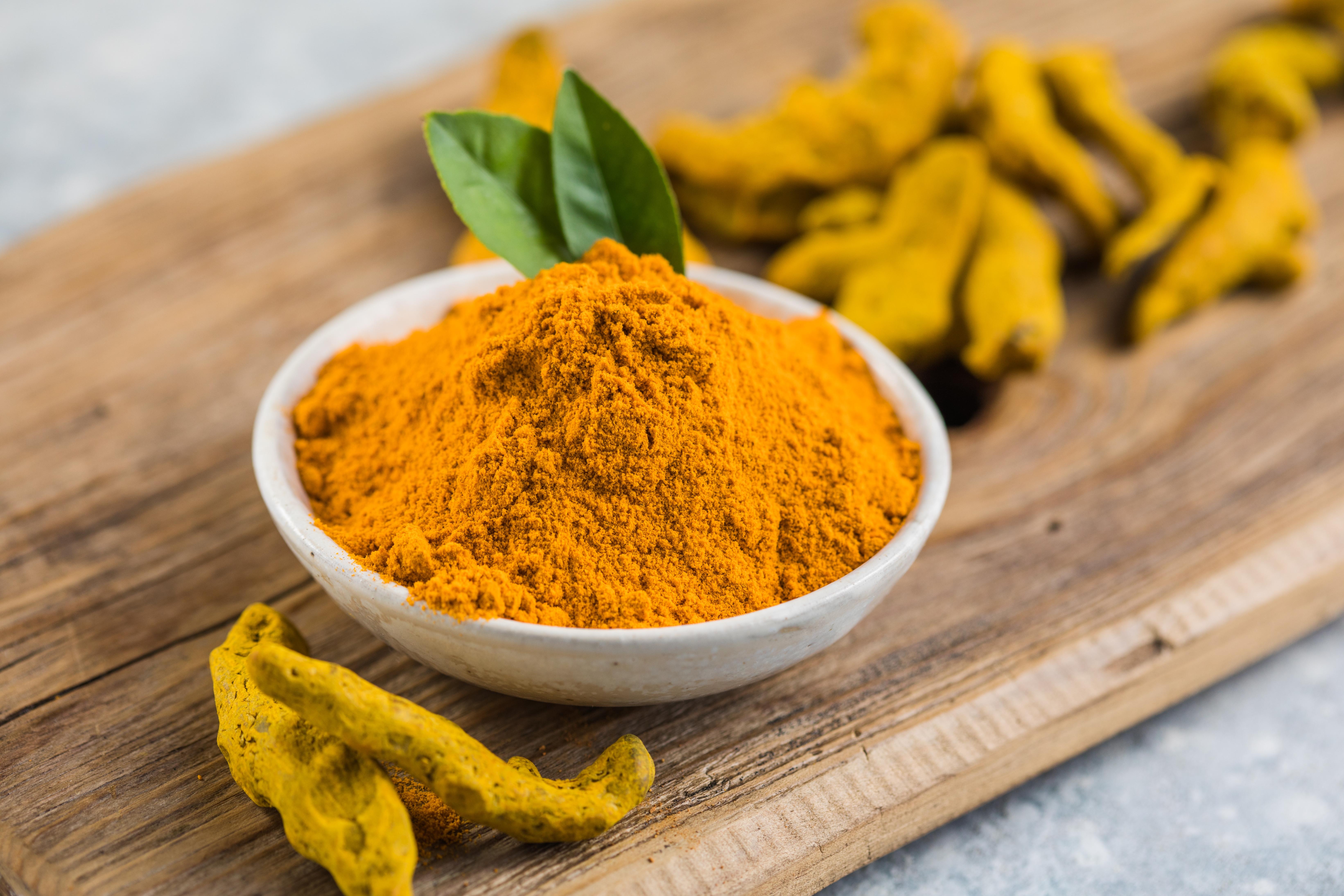
Turmeric, often hailed as the golden spice, is renowned for its vibrant hue and powerful anti-inflammatory properties. Curcumin, the active compound in turmeric, is what gives this spice its remarkable health benefits. Studies have shown that curcumin can inhibit several molecules known to play significant roles in inflammation. However, curcumin's bioavailability is naturally low, meaning the body struggles to absorb it efficiently. Combining turmeric with black pepper, which contains piperine, can significantly enhance curcumin absorption, making it more effective. Incorporating turmeric into your diet can be as simple as adding it to curries, soups, or smoothies. Golden milk, a warm beverage made with milk and turmeric, is another popular way to enjoy this spice. Beyond its anti-inflammatory properties, turmeric is also known for its antioxidant effects, which further protect the body from damage by free radicals. By including turmeric in your daily routine, you can tap into its full potential, supporting your body's natural ability to combat inflammation.
2. The Berry Boost

Berries, whether blueberries, strawberries, or raspberries, are small but mighty when it comes to fighting inflammation. Packed with antioxidants, particularly anthocyanins, berries help reduce inflammation and bolster the immune system. These antioxidants work by neutralizing free radicals, which can cause oxidative stress and lead to chronic inflammation. Berries are also rich in fiber and vitamins, making them a nutritious addition to any diet. Research has demonstrated that regular consumption of berries can lower markers of inflammation in the body, such as C-reactive protein (CRP). They are incredibly versatile and can be enjoyed fresh, frozen, or dried. Add them to your morning cereal, blend them into a smoothie, or enjoy them as a snack. The natural sweetness of berries makes them a delightful option for those seeking to reduce inflammation while satisfying their sweet tooth.
3. The Omega-3 Power of Fatty Fish
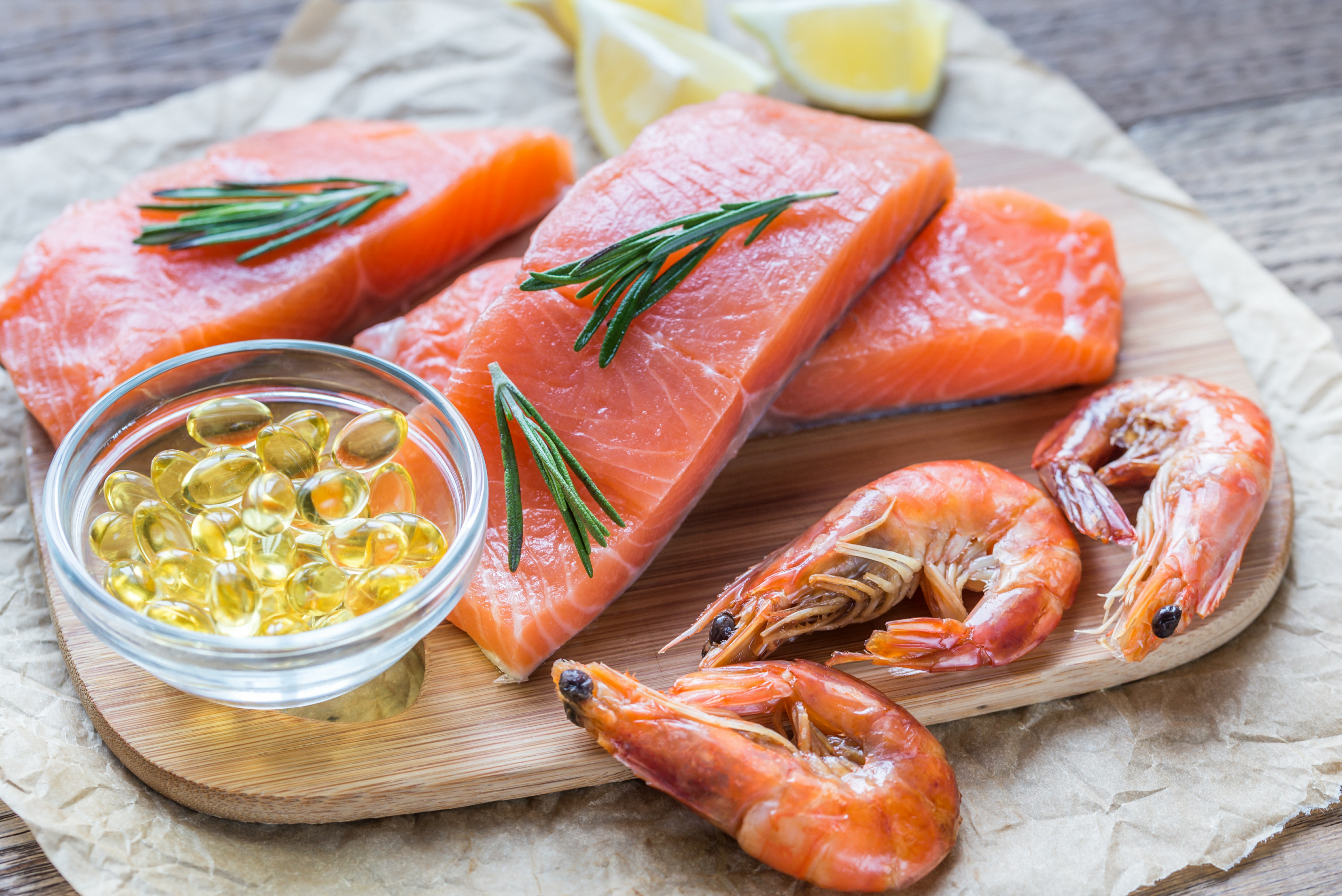
Fatty fish such as salmon, mackerel, and sardines are rich sources of omega-3 fatty acids, which are well-documented for their anti-inflammatory effects. Omega-3s are essential fats that the body cannot produce on its own, making dietary intake crucial. These fatty acids work by reducing the production of inflammatory molecules and are particularly beneficial for conditions like heart disease and arthritis. Studies have shown that individuals who consume fatty fish regularly have lower levels of inflammation and reduced risk of chronic diseases. To reap the benefits, aim to include fatty fish in your diet at least twice a week. Grilled, baked, or smoked, there are numerous ways to prepare these fish to suit your taste. Omega-3 supplements such as fish oil are also available for those who find it challenging to consume enough through diet alone.
4. The Leafy Green Advantage
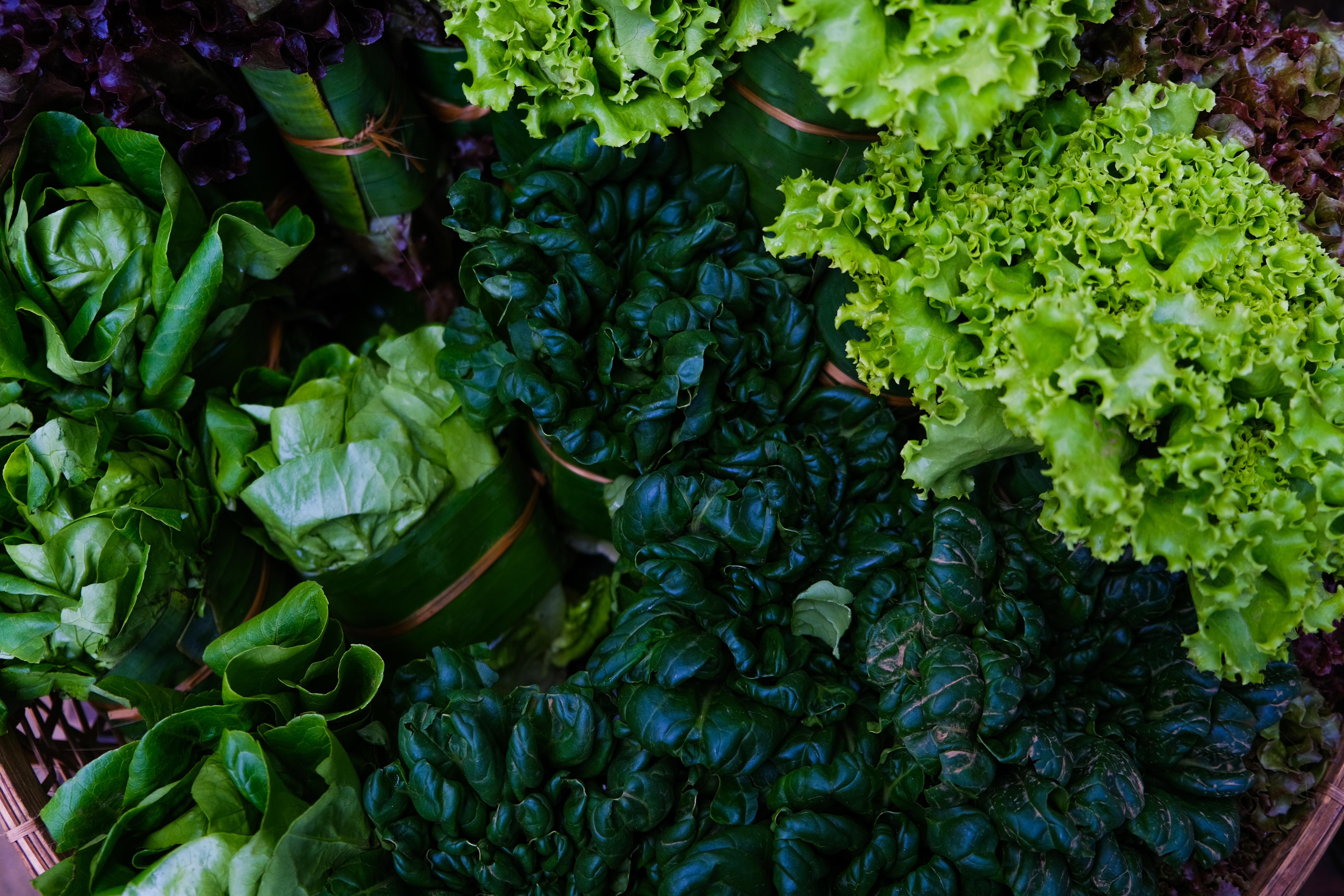
Leafy greens like spinach, kale, and Swiss chard are nutritional powerhouses that offer significant anti-inflammatory benefits. These vegetables are rich in vitamins A, C, and K, as well as antioxidants and polyphenols, which help combat inflammation. The high fiber content in leafy greens also supports gut health, which is closely linked to inflammation levels in the body. Consuming leafy greens regularly can help reduce the risk of chronic diseases and improve overall health. They are incredibly versatile and can be incorporated into salads, smoothies, or as a side dish. For those who find it challenging to consume enough greens, green juices or powders can be a convenient alternative. By making leafy greens a staple in your diet, you provide your body with essential nutrients that help maintain a balanced inflammatory response.
5. The Nutty Benefits of Walnuts
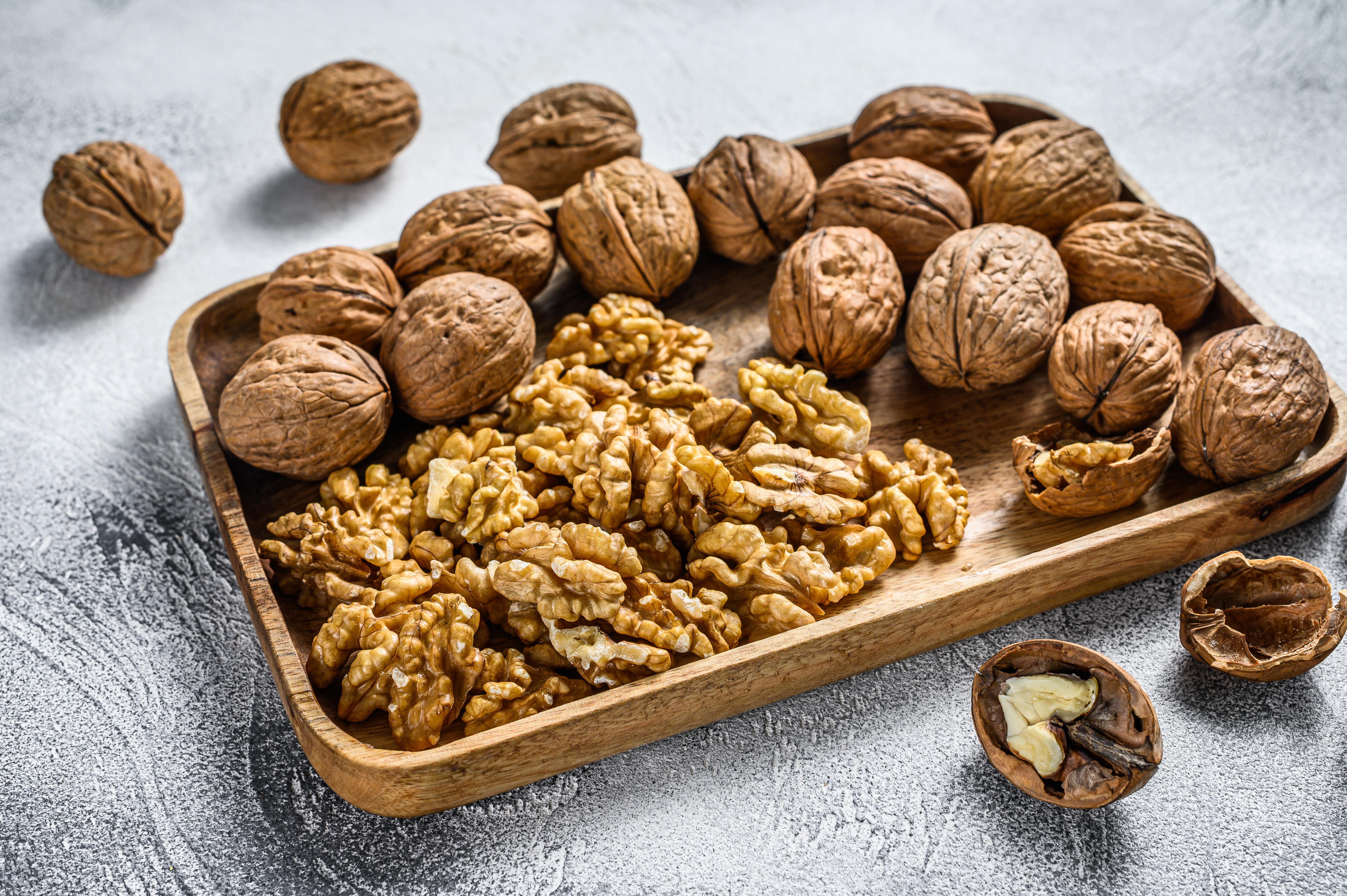
Walnuts are not only a delicious snack but also a potent source of anti-inflammatory compounds. Rich in omega-3 fatty acids, antioxidants, and phytosterols, walnuts help reduce inflammation and support heart health. Studies have shown that regular consumption of walnuts can lower levels of CRP and other inflammatory markers. In addition to their anti-inflammatory properties, walnuts are also beneficial for brain health, thanks to their high content of polyunsaturated fats. They can be enjoyed on their own, added to salads, or used as a topping for yogurt and oatmeal. For those looking for variety, walnut oil is another option that can be used in dressings or for cooking. By incorporating walnuts into your diet, you not only enjoy their rich flavor but also support your body's natural defense against inflammation.
6. The Spicy Kick of Ginger
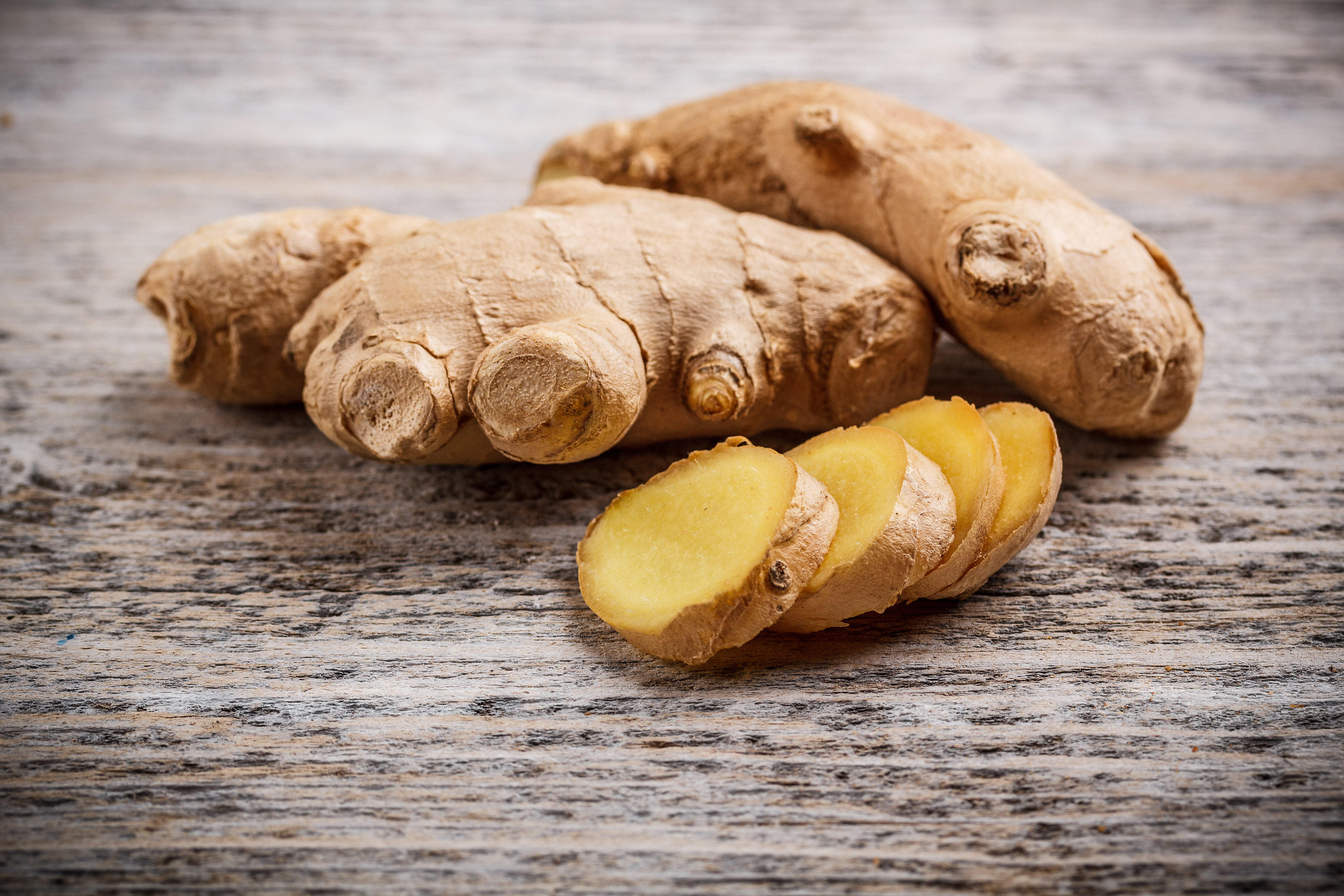
Ginger, with its distinctive flavor and aroma, has been used for centuries in traditional medicine for its anti-inflammatory properties. The active compounds in ginger, such as gingerol, have been shown to reduce inflammation and pain, particularly in conditions like osteoarthritis. Ginger works by inhibiting the production of pro-inflammatory cytokines, making it a natural alternative for managing inflammation. Ginger can be consumed in various forms, including fresh, dried, powdered, or as an oil or juice. It can be added to teas, smoothies, or used in cooking to impart a spicy kick. Ginger tea, in particular, is a soothing option that can be enjoyed daily. By incorporating ginger into your diet, you can take advantage of its anti-inflammatory benefits while adding a burst of flavor to your meals.
7. The Sweet Relief of Honey
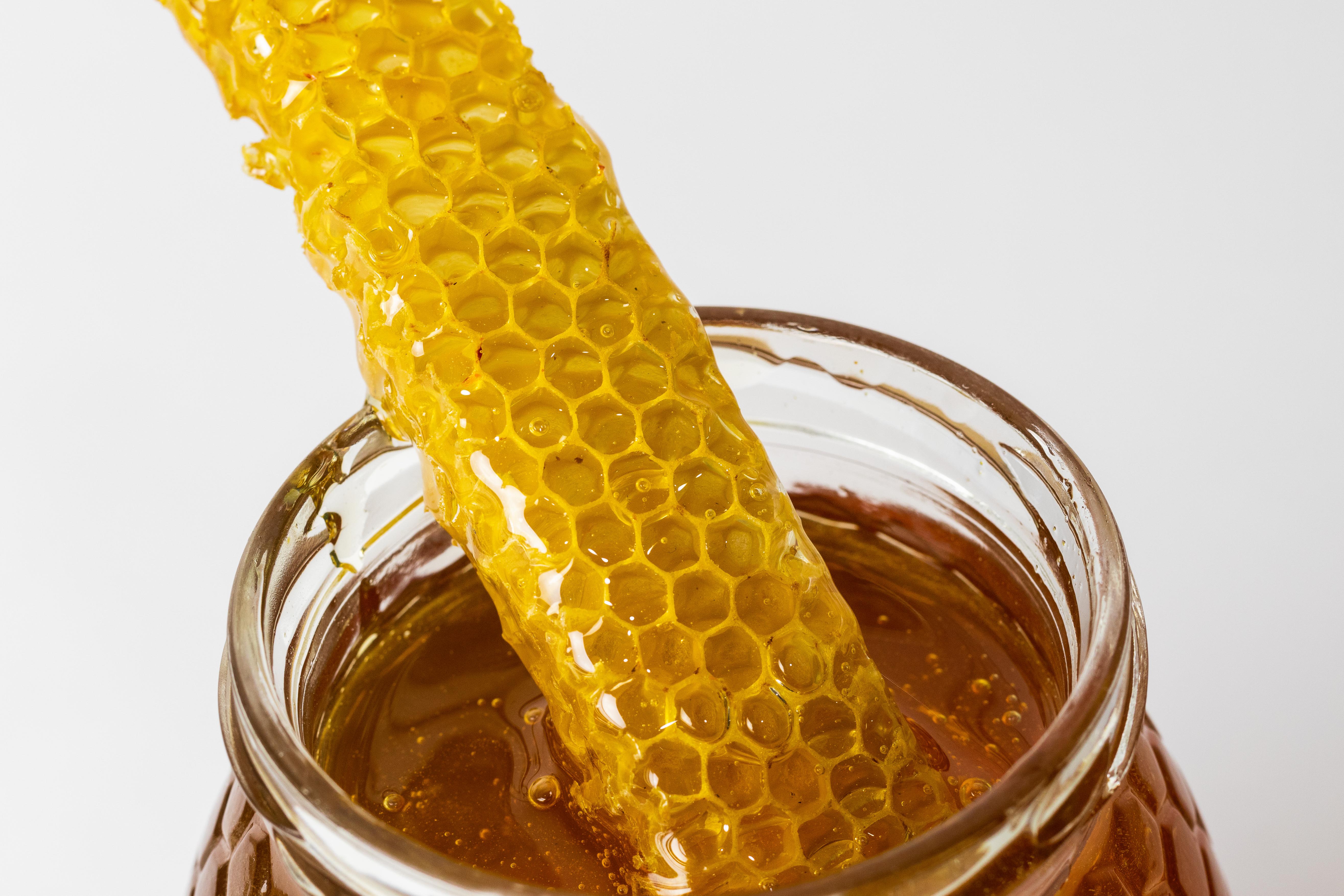
Honey, particularly raw honey, is more than just a natural sweetener; it also offers anti-inflammatory benefits. Rich in antioxidants, honey helps reduce oxidative stress and inflammation in the body. Its anti-inflammatory properties are attributed to the presence of phenolic compounds, which have been shown to reduce inflammation and support immune function. Incorporating honey into your diet can be as simple as using it to sweeten tea, yogurt, or oatmeal. It can also be used in cooking and baking as a natural alternative to refined sugar. However, it's essential to use honey in moderation, as it is still a source of sugar. By choosing raw or minimally processed honey, you can maximize its health benefits and support your body's natural ability to combat inflammation.
8. The Citrus Zest of Oranges

Oranges and other citrus fruits are well-known for their high vitamin C content, which plays a crucial role in reducing inflammation. Vitamin C is a powerful antioxidant that helps neutralize free radicals and support the immune system. In addition to vitamin C, citrus fruits contain flavonoids, which have been shown to have anti-inflammatory effects. Regular consumption of citrus fruits can help lower inflammation and support overall health. Oranges can be enjoyed fresh, juiced, or added to salads and desserts. For those looking to maximize their intake, consider incorporating a variety of citrus fruits, such as grapefruits, lemons, and limes, into your diet. By doing so, you not only enjoy their refreshing flavor but also support your body's natural defense against inflammation.
9. The Whole Grain Goodness of Oats
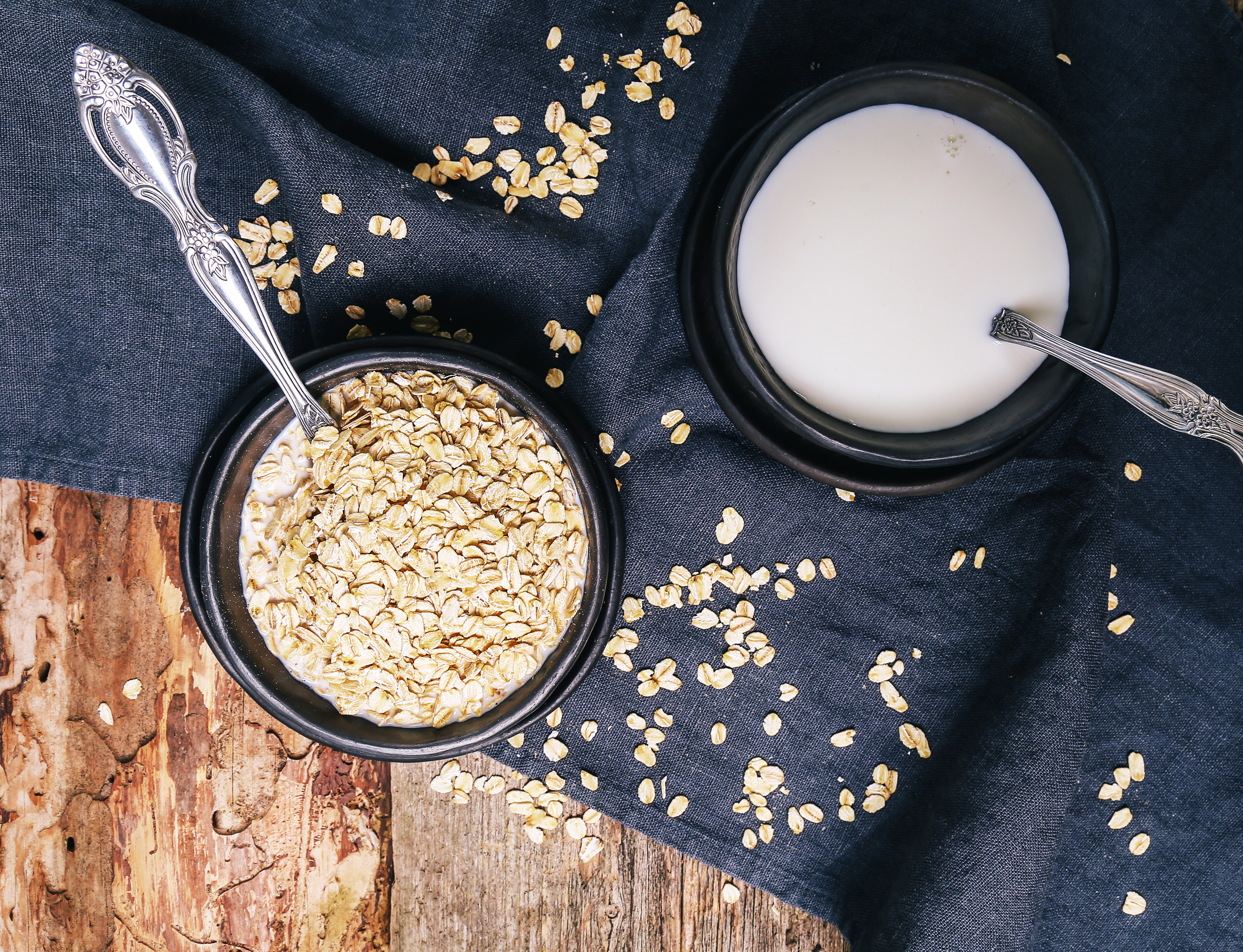
Whole grains like oats are an excellent source of fiber, which plays a vital role in reducing inflammation. The soluble fiber in oats, known as beta-glucan, has been shown to lower levels of CRP and other inflammatory markers. Oats also contain antioxidants and polyphenols, which further contribute to their anti-inflammatory effects. Incorporating oats into your diet can be as simple as starting your day with a bowl of oatmeal or adding them to smoothies and baked goods. For those seeking variety, consider trying steel-cut or rolled oats, which offer different textures and flavors. By making oats a regular part of your diet, you support your body's natural ability to manage inflammation and promote overall health.
10. The Avocado Advantage
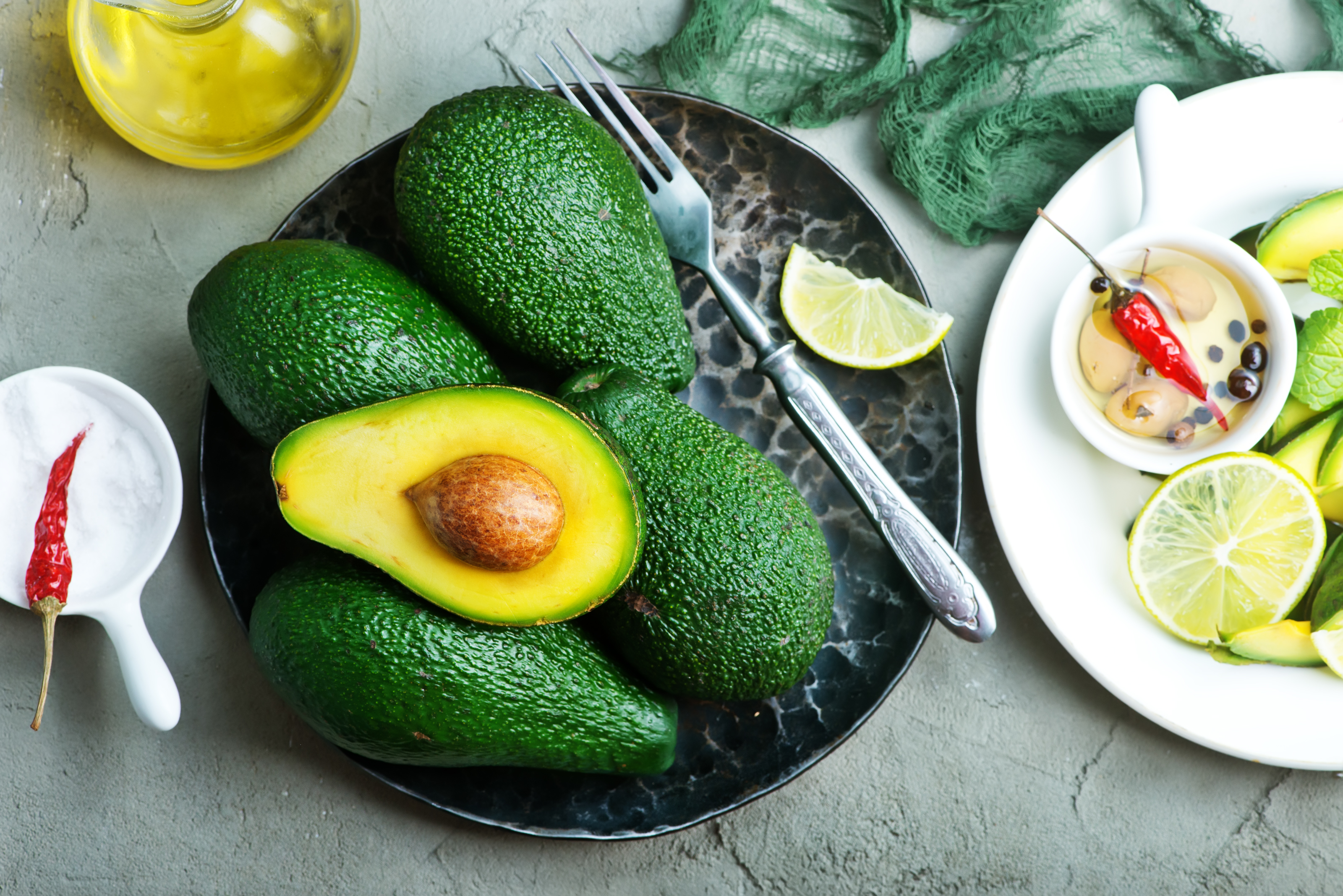
Avocados are not only creamy and delicious but also packed with nutrients that offer anti-inflammatory benefits. Rich in monounsaturated fats, fiber, and antioxidants, avocados help reduce inflammation and support heart health. Studies have shown that regular consumption of avocados can lower levels of CRP and other inflammatory markers. Avocados can be enjoyed in various ways, from adding them to salads and sandwiches to using them as a base for smoothies and spreads. Their versatility makes them an easy addition to any diet. By incorporating avocados into your meals, you not only enjoy their rich flavor and texture but also support your body's natural defense against inflammation.
Embracing a Lifestyle of Natural Healing
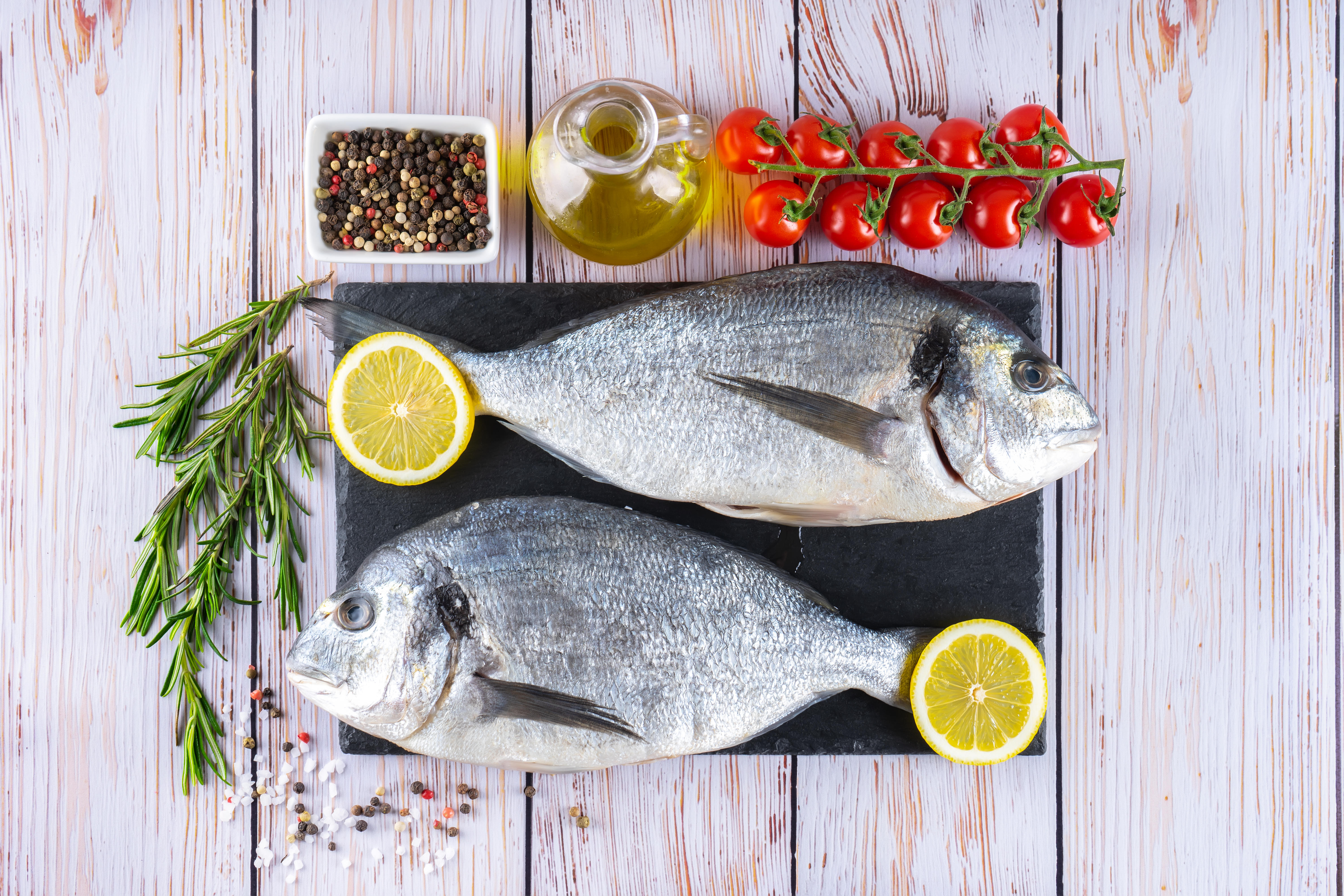
As we have explored, the foods we choose to consume play a significant role in managing inflammation and promoting overall health. By embracing a diet rich in anti-inflammatory foods like turmeric, berries, fatty fish, leafy greens, walnuts, ginger, honey, citrus fruits, oats, and avocados, we can support our body's natural healing processes. These foods not only provide essential nutrients but also offer a delicious way to enhance our well-being. As you embark on this journey of natural healing, remember that small, consistent changes in your diet can lead to significant improvements in your health. Delight in the flavors and benefits of these top ten foods, and let them be your allies in the fight against inflammation.